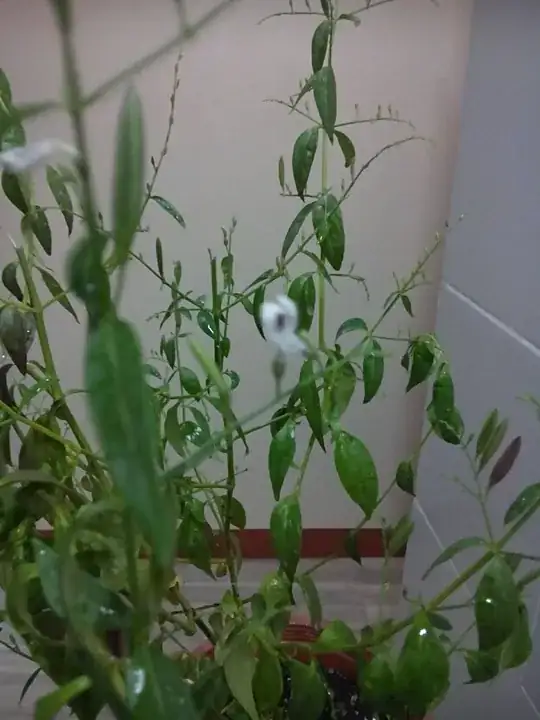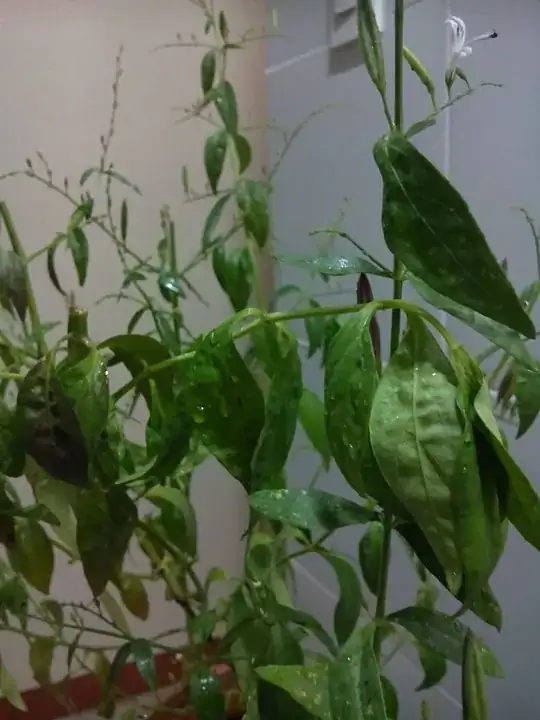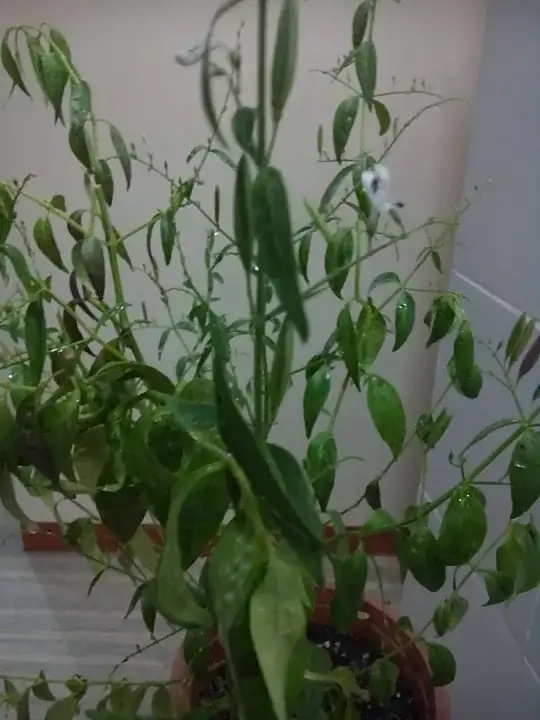I have this serpentina plant from the Philippines. I'd like to use it to grow some more. How do I propagate it? Do I need cuttings or does it have seeds? If it has seeds, how do I find them?
-
Rauvolfia serpentina? Seed is the easiest way... – J. Musser Feb 14 '16 at 05:45
-
But how can I get seeds from its plant? – Cary Bondoc Feb 14 '16 at 06:01
-
1I'll post an answer when I have time (unless of course someone else posts a good one) – J. Musser Feb 14 '16 at 06:13
-
1Thank you so much for the edit, yes it is much better and that's what I really want – Cary Bondoc Feb 14 '16 at 23:58
-
1I'm not really certain that is a Rauvolfia serpentina. Can you take a picture of the plant base, and perhaps a closeup of a flower? Accurate ID is important in answering propagation questions. – J. Musser Feb 15 '16 at 03:50
-
1@J.Musser, noted sir I'll take an actual picture after I my work. By the way, I just googled that picture because am not aware that there are many varieties of it. – Cary Bondoc Feb 15 '16 at 05:15
-
1@J.Musser sir, here ya go. See mt edited question for the actual pictures – Cary Bondoc Feb 15 '16 at 10:54
1 Answers
The image you are using (https://i.stack.imgur.com/nw9ie.jpgs) is of Andrographis paniculata. Some places ascribe copyright to emeritus Prof Kazuo Yamasaki. Is there a reason you did not take your own picture of your plant?
Edit: the new pictures you posted are of the same plant.
An erect shrub, Andrographis is green with sparse lanceolate leaves up to 5 inches long on green stems. The leaves are scentless. The shrub’s small flowers are tubular-shaped and white with pale violet streaks.
According to http://www.gardenguides.com/132160-propagation-andrographis.html
The seeds of Andrographis paniculate are covered with a hard coat of wax, making them difficult to germinate. A Chinese agronomist recommends scarifying the seeds with fine sand to remove the layer of wax, then soaking them in warm water for 24 hours. Agronomists at Kerala Agricultural University, in Kerala, India, recommend soaking the seeds for six hours before sowing them.
and from http://www.herbsarespecial.com.au/isabells_blog/isabells-articles/king-of-bitters.html
Description: Easy to grow, annual/biennial bush to 1 meter high, with lanceolate leaves 4-12cm long. Small white flowers 1-2 cm long, set along a thin upright stem. Tubular flowers can have purple coloured flecks on the inside of the lip-like formation. A fine oblong seed capsule 1.5 cm long contains several very small round seeds. Seeds will readily disperse if not picked. Leaves have no aroma. Flavour of the whole plant is extremely bitter. Propagation is by seeds, cuttings and layering stems. Plant seeds, spring and summer, germination may be in 10- 30 days. Plants will grow in a wide range of soils, in full sun or shade and thrives in moist conditions.
- 23,044
- 5
- 36
- 92
-
I am just lazy yesterday so I didn't take a picture of my plant, I will take a picture of it after my work. – Cary Bondoc Feb 15 '16 at 08:58
-
-
Yes, it is exactly the same. Specially the grain like flower. But just to make sure I need to take a picture of it. – Cary Bondoc Feb 15 '16 at 09:03
-
+1 could you verify if the picture that I posted (I've edited my question to post a picture) is really `Andrographis paniculata`? – Cary Bondoc Feb 16 '16 at 05:11
-
1


